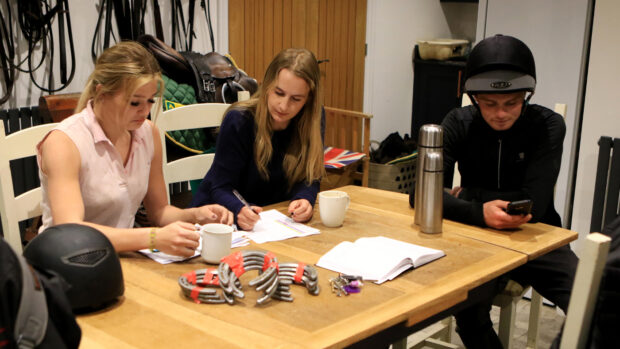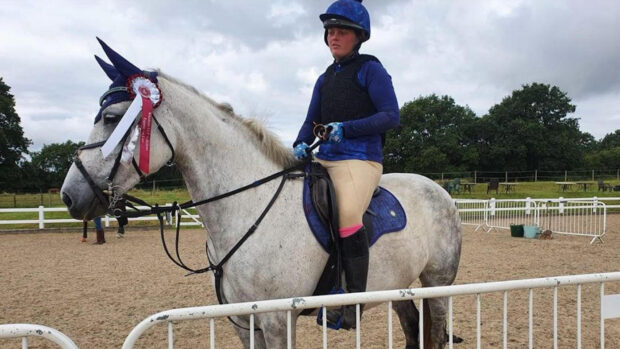A vet has spoken of her relief at being cleared by a High Court judge of deliberately misleading a client over the purchase of a £45,000 dressage horse.
Sarah Randall of the Chiltern Equine Clinic was accused of failing to reveal to her client, Dr Eddie Blass, that the horse — Active Panther or “Pinky” — had undergone a bilateral neurectomy (news, 24 April).
The operations — which Dr Blass claimed were only revealed after the horse went lame — ruled Pinky out of competing at grand prix level for which he had been bought.
Claiming negligence, Dr Blass sued Miss Randall for £65,000 — the purchase price of the horse and the cost of its keep since June 2005.
But in London’s High Court last week Judge Richard Seymour QC ruled that Dr Blass had not told the truth.
“The suggestion that Miss Randall had fallen below the standard of ordinarily competent veterinary surgeons…lacked substance,” he said.
“I am confident that Miss Randall is a thoroughly competent veterinary surgeon, albeit perhaps wiser and less trusting as a result of her unhappy experience.”
He added: “I formed the view that Dr Blass was a person well capable of setting out to mislead others…and to lie to achieve her ends.”
Speaking to H&H after the case, Sarah Randall thanked the judge for his supportive comments, which she said fully vindicated her.
She said: “In my 15 years practising as an equine vet I have always endeavoured to ensure the very best care for all my clients and their horses.”
Ms Randall claimed she told Dr Blass of the horse’s medical history at the June 2005 vetting, but Dr Blass denies the conversation took place. The neurectomies were not recorded on Pinky’s veterinary certificate.
In a statement released by her lawyers, Dr Blass said she was “very disappointed” by the decision and warned other buyers to leave “no stone unturned” in ascertaining the health of an animal before purchase. She said any information given orally in a vetting should also be written.
Judge Seymour’s ruling means Dr Blass will receive nothing — except a legal costs bill likely to run into tens of thousands of pounds.
This news story was first published in Horse & Hound (22 May, ’08)



